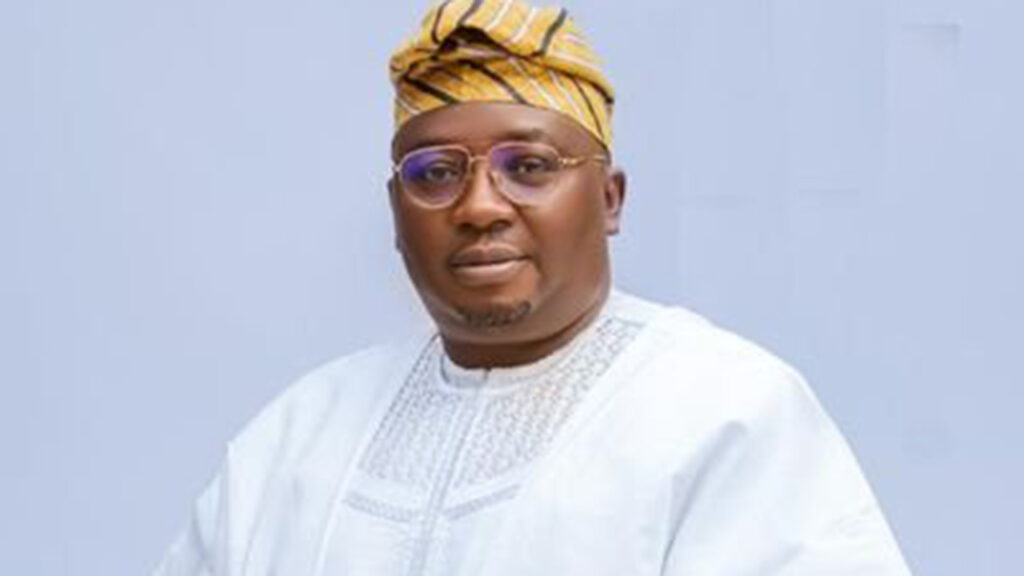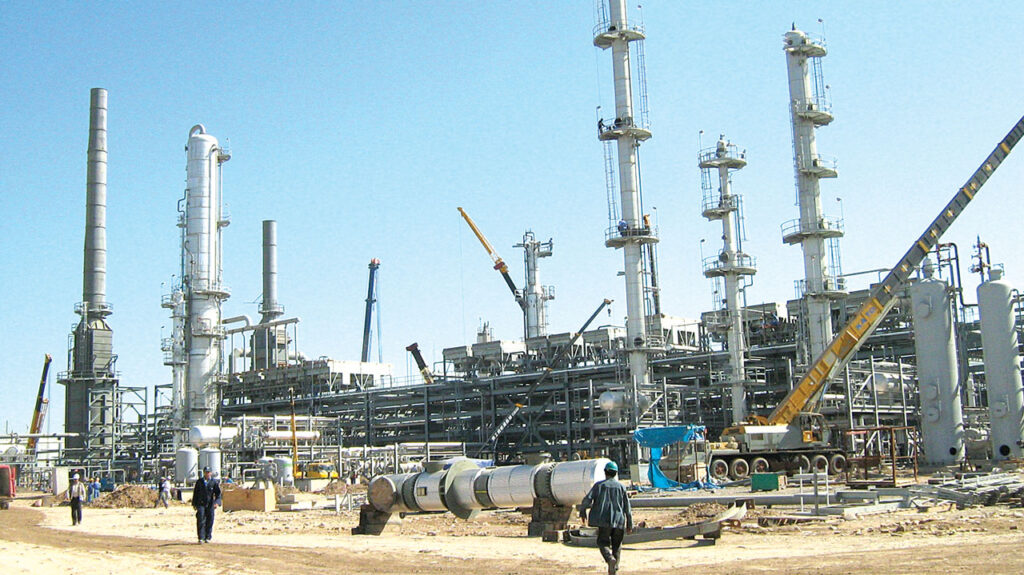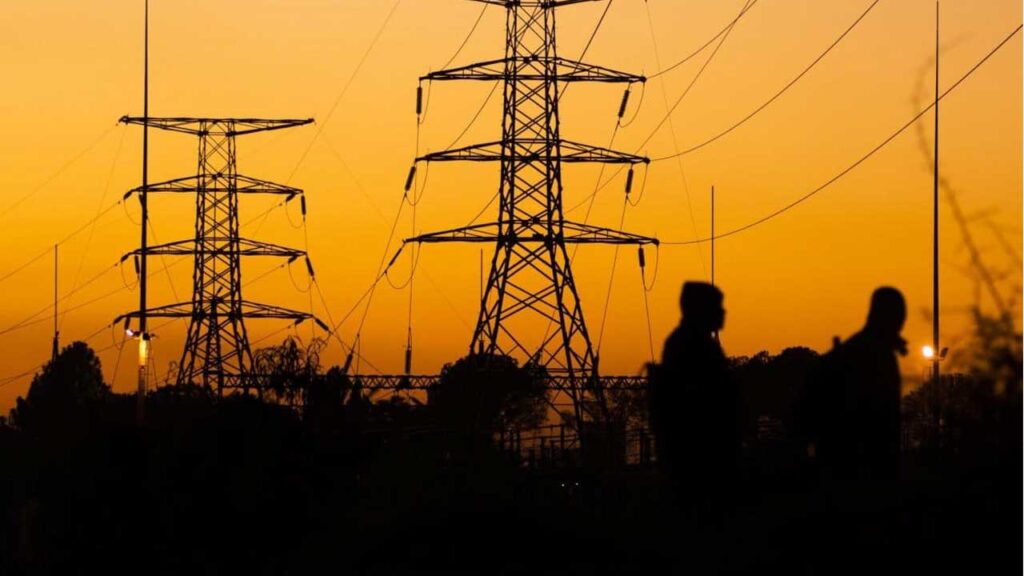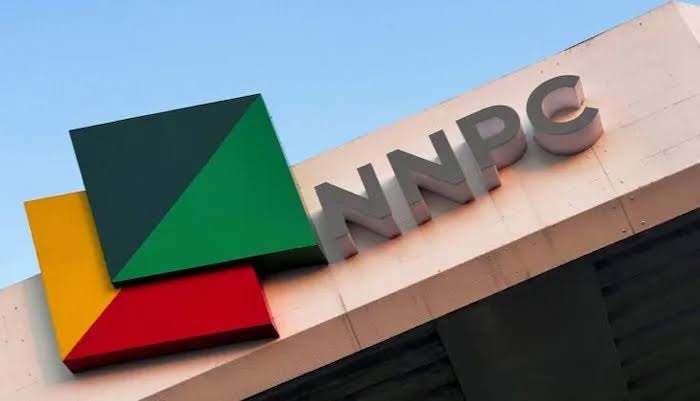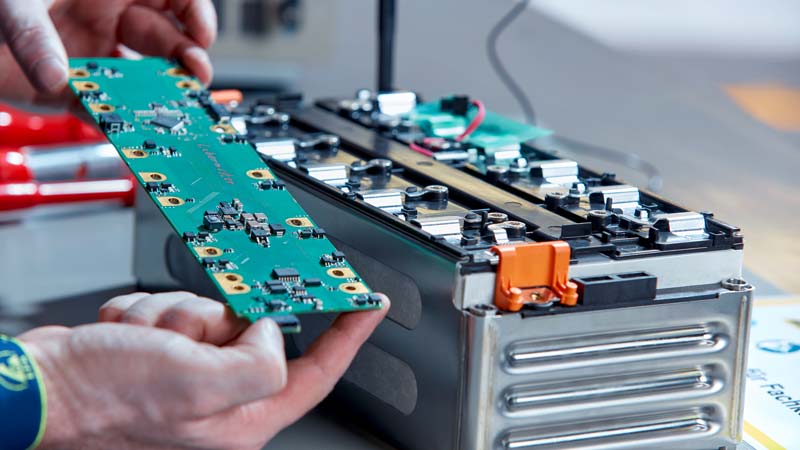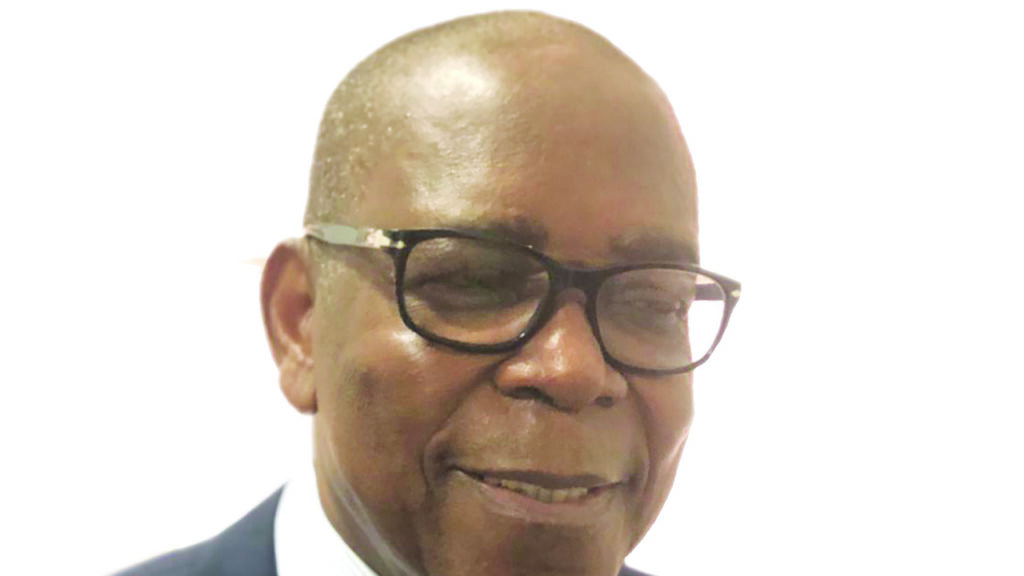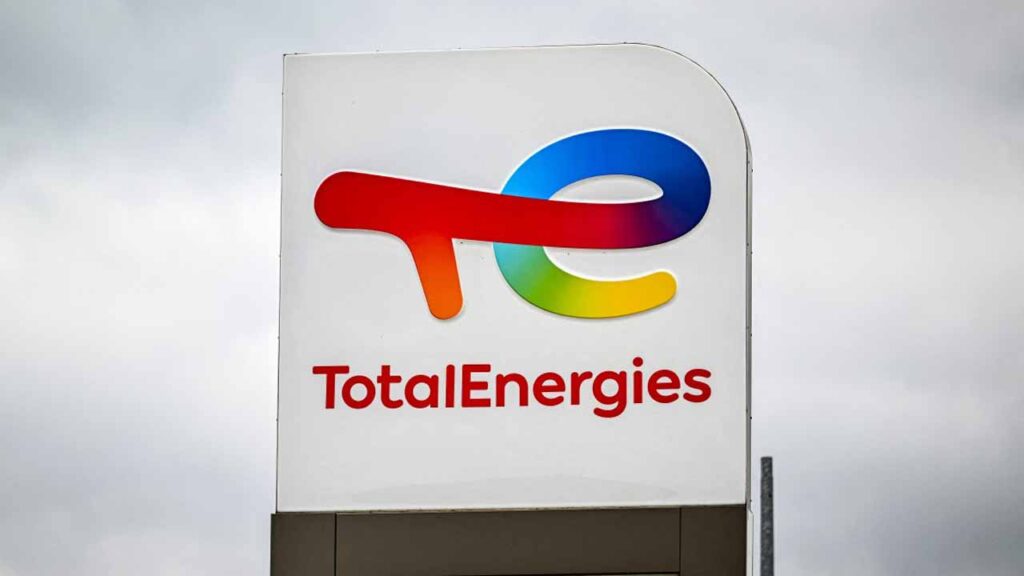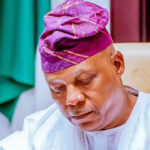

Nigeria is a global flashpoint anytime the lack of energy access is discussed. With the instability of the national grid and slow expansion of energy access, ensuring that underserved and underserved communities are connected to an off-grid solution is germane. While the injection of another $750 million fund to expand access by the current administration is being lauded, addressing the many challenges hindering a private sector-led clean energy revolution is important, KINGSLEY JEREMIAH writes.
According to the United Nations Population Fund, Nigeria’s population currently stands at 229 million and is expected to reach 400 million by 2050, making it the third most populous country. While the population is growing at three per cent, Nigeria has an electricity deficit of 45 per cent, with electricity access growing at only 1.1 per cent. This creates a gap of 1.9 per cent when compared to population growth.
Over the years, Nigeria has been unable to expand its grid capacity. Despite privatizing the power sector in response to the widening energy deficit, power generation capacity has only marginally improved to 13,000 megawatts, while distribution and transmission capacity has remained relatively unchanged at about 4,000 megawatts.
According to World Bank estimates, power shortages in Nigeria are costing the economy approximately $28 billion, equivalent to two per cent of the nation’s gross domestic product (GDP).
With the 2030 deadline for the Sustainable Development Goals (SDGs) approaching, particularly for universal energy access, and in line with its climate goals, Nigeria has developed an Energy Transition Plan to achieve carbon neutrality by 2060. To realize this plan, Nigeria is seeking about $874 billion in funding.
While looking at options to address the lingering crisis facing the grid, the President Bola Tinubu administration had repeatedly stressed the need to prioritise off-grid infrastructure. Earlier this month, the government secured a loan of $750 million for renewable energy deployment. The funding, obtained from the World Bank, is an extension of an existing $550 million Nigeria Electrification Plan (NEP), which is implemented through the Rural Electrification Agency (REA) This brings funding under NEP to $1.3 billion.
Last week, the Minister of Power, Adebayo Adelabu, said the federal government would provide energy access to 95 million Nigerians who are currently underserved through Distributed Energy Resources (DRE).
Considering the increasing cost of diesel and grid-connected electricity, especially with the increase in tariff, small businesses and households are finding leeway with renewable energy but the current effort being made by the government is way below par when compared to the needed investment of $874 billion to the resource going into the renewable deployment.
With the country also heavily indebted, there is a need to address inherent bottlenecks and drive private investment into the renewable energy space to reduce the level of borrowing and allow the private sector to invest more into the renewable energy space.
Under the REA’s strategic plan for 2030, Nigeria aims to provide renewable electricity to 25 million people. This includes targeting 850,000 female-headed households and businesses and executing more than 3,000 mini-grid projects to develop 700 megawatts of solar PV capacity. However, achieving these goals, which could add one million jobs requires securing $17.8 billion in private investment.
At the 2024 Energy Access Investment Forum (EAIF) in Lagos, Nigeria, the Managing Director of REA, Abba Abubakar Aliyu, recognized the need for private investment and said only improved private sector investments could deliver sustainable growth in the renewable energy sector.
While Aliyu acknowledged the transformative policies in the energy sector, which have enabled the REA to deliver on the objectives of its energy access programme, he insisted that more needed to be done to achieve projected growth.
Aliyu, sharing feedback on the optimisation of blended finance at the REA, provided important insights into the sustainability of the renewable energy sector in Nigeria, especially emphasizing the need for improved local content in the energy sector.
Parts of the improvement needed within the sector, which was highlighted by Aliyu, is the need for consistency in creating an enabling environment for the renewable energy sector as well as the need for private sector players to enhance corporate governance, research and development, and demand simulation models for accelerated off-grid electrification.
In the drive for private investment, Aliyu said two agreements were signed last week for a 250MW agreement with EM-One and another 250MW agreement with Husk Power. He sees these as a leeway to powering 23 per cent of the 85 million Nigerians currently without access to electricity.
Aliyu said: “My goal is to leave a legacy of vibrant rural economies. We’ll achieve this by strategically intervening in the value chain to unlock economic growth and activity. Ultimately, I’m driven to significantly reduce Nigeria’s electrification deficit, granting access to 23 per cent of the unelectrified population. This will leave a legacy of a robustly funded sector and a demonstrably impactful initiative.”
While prioritizing the private sector, there is a need to strengthen existing relationships with agencies like the United Nations Industrial Development Organization, United Nations Development Programme, French Development Agency, United States Agency for Development (USAID) and others, not only increasing deployment but boosting local capacity. Nigeria and other countries in Africa are usually below the leader when considering renewable energy jobs in the world.
As Africa finds its path in the geopolitical landscape of renewable energy, China dominates the sector as jobs in the industry reached 13.7 million in 2022. The International Renewable Energy Agency (IRENA) and the International Labour Organisation (ILO) in the latest edition of ‘Renewable Energy and Jobs: Annual Review 2023’, showed that most of the jobs are concentrated in a few states, notably China, which accounts for 41 per cent of the global figure.
Apart from Oceania with 80,000, Africa has the lowest number of jobs in the sector with 320,000 in total. Last week, REA in collaboration with the USAID/Power Africa Nigeria Power Sector Programme (NPSP) and All-On led critical conversations and facilitated strategic collaborations between frontline stakeholders in the off-grid space through the Quarterly Off-grid Stakeholders (OGS) Meeting. This approach, more like what was adopted during the tenure of Raji Fashola as minister of power, can create a great avenue to periodically assess growth and address the concerns of stakeholders.
There is also a need to strengthen international cooperation for renewable deployment to mitigate the climate crisis. Director General of IRENA, Francesco La Camera, at the latest IRENA Assembly said a global cooperation that would ensure unity and a new approach was critical to delivering the projected renewable energy target and climate action.
Coming at a time when global finance for the climate is short-changing Africa, providing only $29 billion of the $653 billion in climate finance globally, UN Secretary-General, Antonio Guterres, said while the renewable revolution was unstoppable, there was a need to ensure the transition is fast and fair enough to limit the rise in global temperatures.
The issue of affordability, especially in rural communities which account for the poorest of the poor is also significant. Currently, while REA prioritises long-term sustainability in its mini-grid projects, they aren’t entirely free. Users pay a regulated tariff reflecting generation, transmission, and maintenance costs, set by the Nigerian Electricity Regulatory Commission (NERC).
Avoiding a one-size-fits-all approach to billing, which has already been adopted must be encouraged. While tariffs stay within a similar range, flexibility must continue to exist to account for community agreements with developers and specific needs. This may make communities with complex logistics or demanding maintenance pay slightly more compared to less demanding areas.
Beyond these issues, the renewable energy sector struggles with a legacy of lack of transparency, accountability and corruption. These issues, if unresolved, will not only prevent Nigerians from meeting the 2030 SDGs deadline, but they will also dramatically push the two per cent loss of GDP due to lack of electricity way above quick repair in the face of a population surge.
Renowned energy economist, Prof. Wunmi Iledare noted renewable energy investment as a critical component of a mixed energy strategy to reduce energy poverty in Nigeria.
“The issue at stake is beyond just carbon reduction but to increase energy access, expand availability at an affordable price using advanced energy technology to promote adaptability,” he said.
For the country to sustainably develop the renewable energy space, Iledare said Nigeria must include in the renewable energy investment, training and human capital development in green energy growth.
According to him, Nigeria did well with human development as petroleum resources emerged in the ‘60s and ‘70s as the engine to drive the economy of Nigeria, repeating similar processes would be a leeway for renewable development.
Electricity Market Consultant, Lanre Elatuyi noted that the country must do more in the evaluation and monitoring of renewable projects while ensuring that project developers are qualified with requisite manpower and technical expertise.
Elatuyi, who said the current REA under Aliyu has so far shown intent and seriousness to transform the agency, noted that there is a need for drastic changes in REA as an organisation and also in their activities, especially in the areas of productive use of energy-PUE in underserved and unserved areas.
He stressed the need to bridge the energy access deficit by providing electricity to households, MSMEs, educational and healthcare facilities in unserved and underserved rural communities through the deployment of mini-grids, Solar Home Systems (SHS), captive power plants and productive use appliances to ensure the sustainability of these off-grid solutions.
Convener and Executive Director of PowerUp Nigeria, a Power Consumer Advocacy Group, Adetayo Adegbemle said the Federal Government is not pushing enough towards renewable energy because there is no national policy that gives an idea of a direction. He said the approval for the $750 million renewable energy project is not a non-specific award because none of the projects could be referenced.
“There’s a serious need for the Ministry of Power to take a lead, or else, we will just be spending frivolously and still won’t achieve anything tangible apart from accruing debts,” he said.

